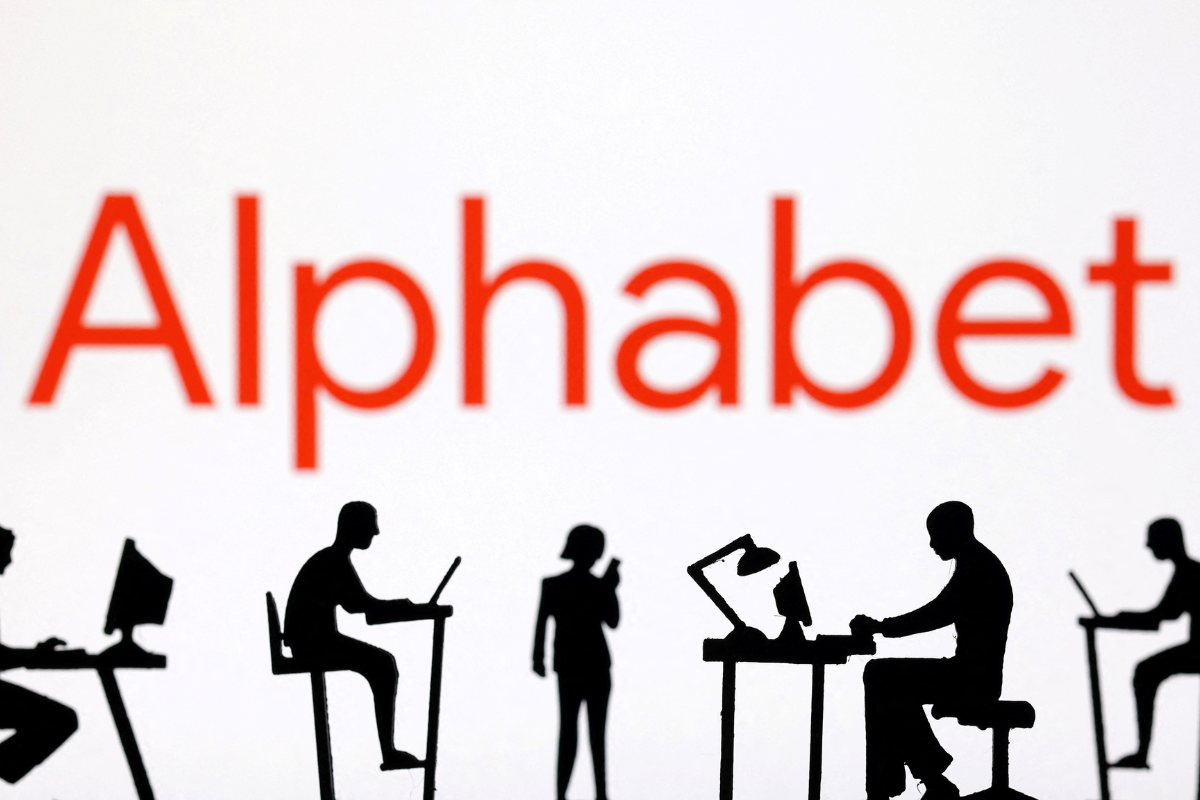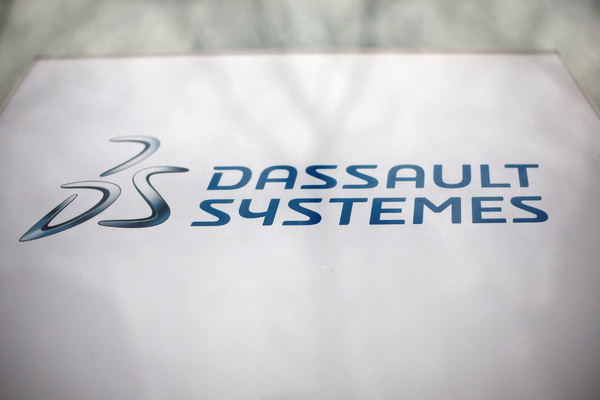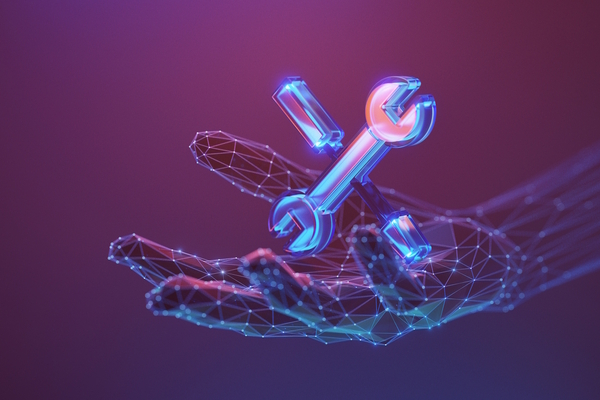How GenAI and LLMs will drive growth in the finance, insurance, healthcare and automotive industries
Sponsored by AvengaIf you want to grow and become a leader in your industry in the next few years, you should start working on a comprehensive AI strategy right now

Generative AI (GenAI) has huge transformative potential. Lately, it’s been working its way into even the most heavily regulated industries, such as healthcare, finance, insurance and automotive, sectors which aren’t known for rapid technological advancement.
GenAI’s impact on the global economy is also expected to be immense. According to a new report from Goldman Sachs, the technology could raise global GDP by 7 per cent (about $7 trillion) over the next ten years and automate, at least partially, about two-thirds of existing occupations.
GenAI, especially large language models (LLMs) such as GPT-4 and PaLM, is democratising AI capabilities. Enterprises can gain value from implementing them without needing an in-house army of data scientists, as long as they have decent API development capabilities and an understanding of AI’s powers and limitations.
However, it’s still very early, and the application of GenAI comes with many associated challenges. To maximise the business outcomes of applying the models at this stage, it is essential to select use cases wisely with all the risks taken into consideration. In this article, I will discuss various uses of the technology that our company and its clients have worked on, as well as some potential applications that look the most promising.
Finance
Eventually, generative AI, and LLMs in particular, will work in concert with traditional AI finance forecasting tools. This will enable the algorithms to provide insight-driven recommendations on their own, explain variances, generate detailed and accurate reports and more.
At that point, core processes will undergo reinvention, and financial organisations that adopt the technology at scale will achieve massive efficiency gains. This is likely to happen within just a few years. In fact, Gartner predicts that by 2028, 50 per cent of financial companies will use AI for bottom-up analysis tasks, leading to a transition to autonomous demand, operational and other types of planning.
However, GenAI’s current ability to do numerical analysis is limited, and the reliability of its outputs must always be verified by employees. So, if you want it to enhance your staff’s productivity without doing any damage, you must apply GenAI properly.
For instance, we assisted one of our clients in using LLMs to provide investors with detailed information about their investment accounts. The model, equipped with a feature called "function calling," determines which APIs to call and which arguments to use to extract the necessary information in a few seconds, whereas an employee would have to spend a lot of time sifting through databases and guidelines to come up with a detailed answer. This capability also works perfectly for clarifying contract details, summarising guidelines, breaking down policy updates and retrieving basically any information the client might need promptly.
Insurance
In insurance, we mainly see LLMs being used as knowledge assistants that can significantly expedite day-to-day operations.
GenAI-enabled assistants extract information from sources such as knowledge bases, wiki sites, policy documents, and more and then present it in a clear and cohesive format to aid employees in support, customer services, underwriting, claim processing, risk management, and various other tasks. Given that much of claim and customer service managers’ time is currently spent on finding information in disparate databases, LLMs are a true game-changer in terms of raising insurance organisations’ operational efficiency.
Life sciences and healthcare
LLM applications in life sciences and healthcare are emerging across various sectors of the industry. Some private health insurance providers, hospitals, physician groups and pharmaceutical companies we work with are now actively exploring potential uses of GenAI technology. Among private insurance companies, the areas of most interest currently include:
- Generation of medical and referral data, preliminary clinical notes, comprehensive care plans and summaries for members
- Creation of draft reports, claim denials and various other types of standard communications (welcome letters, for example)
- Gap analyses in provider directories, along with evaluations of vendor and provider performance with improvement suggestions
- Chatbot interactions and responses in different self-service HR functions
- Generation of requests for proposals (RFPs) and delivery of updates to policyholders
- Extraction of financial data from different databases, providing summaries of changing regulatory landscapes and informing policyholders about important regulatory shifts
For hospitals and physician groups, the most ripe and promising applications include:
- Creation of post-visit summaries and care co-ordination notes
- Generation of prior authorisation documentation for payers
- Generation of care summaries for referrals
- IT assistance for coding and testing
- RFP and procurement report creation
- Drafting hire letters, as well as responding to various recruitment and HR inquiries
- Generation of compliance, regulatory and finance reports
While these applications can all be extremely beneficial, LLMs are still notorious for making factual mistakes with alarming frequency, which necessitates human supervision (human-in-the-loop), risk assessment and compliance reviews.
Automotive
Within the automotive industry, companies are also working to define, capture and capitalise on the possibilities offered by LLMs and GenAI at large. Currently, these models are mainly used across IT, procurement, sales, risk mitigation and the optimisation of manufacturing processes.
One interesting application being explored by some of our automotive clients involves improving test coverage and quality through LLMs. The AUTomotive Open System ARchitecture (AUTOSAR) standard has an extensive set of highly detailed specifications, which LLMs can take as input and promptly generate comprehensive tests for automotive software. Additionally, they can effortlessly convert large specifications into XML and vice versa.
In factories, LLMs are empowering even non-tech-savvy employees to use advanced data analytics tools. The models present data queries in a straightforward dialogue format rather than through complex programming functions. This helps staff sift through information and quickly optimise process quality management.
In terms of infotainment, LLMs can seamlessly enhance voice recognition technologies, leading to more accurate identification and conversion of even complex driver’s prompts into specific commands for the vehicle. If GenAI is also integrated with a low-level programming language and an interpreter, this unlocks a broad spectrum of customization possibilities.
Final thoughts
Right now, we are only beginning to harness GenAI’s extensive capabilities, power and reach. However, recent months have clearly shown that the ramifications of its adoption will be substantial. Consequently, it is vital that businesses across industries develop a comprehensive understanding of this emerging trend and prepare for its far-reaching impact.
If you’re interested in exploring GenAI’s current momentum and discussing what drives industry leaders to embrace it, I invite you to contact me here.

Ivan Kohut is a Ukrainian tech executive and a CTO for a global IT consulting and engineering platform, Avenga. With decades of experience in propelling businesses’ growth with revolutionary tech solutions, Ivan oversees Avenga’s tech strategy and drives the company’s research and development, engineering and consulting excellence.

Business Reporter Team
Most Viewed
Winston House, 3rd Floor, Units 306-309, 2-4 Dollis Park, London, N3 1HF
23-29 Hendon Lane, London, N3 1RT
020 8349 4363
© 2025, Lyonsdown Limited. Business Reporter® is a registered trademark of Lyonsdown Ltd. VAT registration number: 830519543





